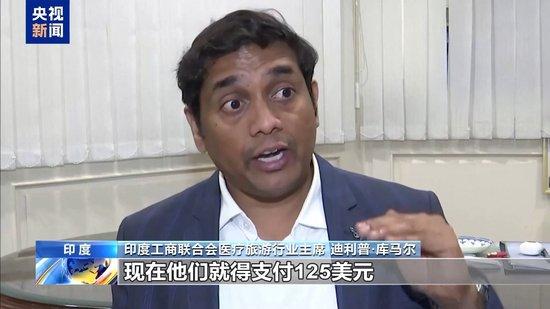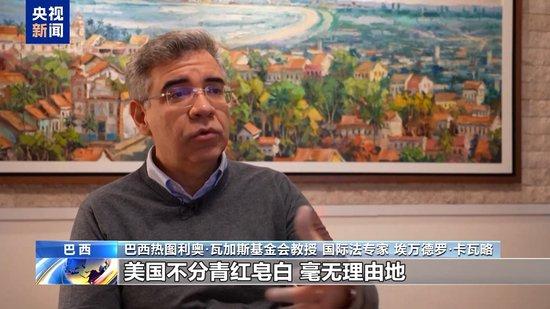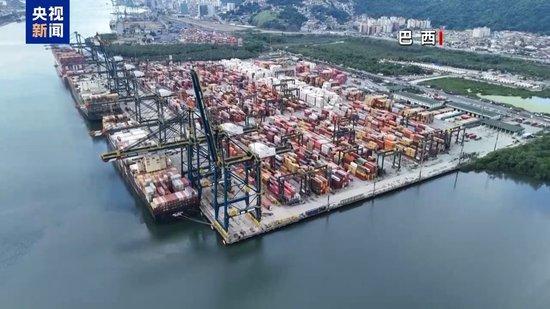


The United States had previously threatened to impose high tariffs on trade partners who failed to reach a trade agreement with the U.S. starting from August 1st. Now, as the deadline approaches, Brazil and India have stated that they will not succumb to the pressure from the U.S. and will take all necessary measures to protect their national interests.
Previously, the U.S. announced that it would impose a 50% tariff on goods imported from Brazil starting from August 1st. On July 30th, The New York Times published an interview with Brazilian President Luiz Inacio Lula da Silva, who mentioned that he had attempted to contact U.S. President Donald Trump but found no willingness on the part of the latter to discuss tariff issues. Lula expressed that the U.S.’s threat of tariffs has left Brazil feeling “worried” rather than “fearful,” and he will not yield to the U.S.’s decision, whether it is about political or trade issues, Brazil will stand by its side. However, the U.S. should not mix political and trade issues.
Evandro Carvalho, Professor at the Rio de Janeiro Foundation for Justice and International Law, commented that the U.S.’s trade policy has greatly instilled insecurity within Brazilian companies and sectors that engage in trade with the U.S.
Evandro Carvalho, Professor at the Rio de Janeiro Foundation for Justice and International Law:
The U.S. has unjustifiably erected a “tariff machine gun” without reason, which has brought great insecurity to all its commercial partners, forcing them to seek new markets for diversification.
India stated it would take all necessary measures to protect its national interests.
On July 30th, U.S. President Donald Trump announced through social media that tariffs of 25% would be imposed on Indian goods exported to the U.S. starting from August 1st, along with other “punishments.” On the same day, the Ministry of Commerce and Industry of India issued a statement noting that the Indian government had noticed the U.S. president’s statements regarding bilateral trade and was studying the impact, intending to take all necessary measures to protect its national interests.
Dilip Kumar, Chairman of the Medical Tourism Industry at the Federation of Indian Chambers of Commerce and Industry, stated that the tariffs imposed by the U.S. on India would be passed on to American consumers.
Dilip Kumar, Chairman of the Medical Tourism Industry at the Federation of Indian Chambers of Commerce and Industry:
Trump is attempting to strangle the market of the U.S. rather than that of India, driven by cost reasons. The cost of purchasing goods from Indian traders is increasing; if they buy $100 worth of goods now, they will have to pay $125, and Indian traders will pass on 25% of the tariffs to them.
Trump’s tariff policies are impacting the global economy.